

WandaVision’s final chapter will undoubtedly split Marvel fans down the middle. There are various decisions throughout the concluding installment that many weren’t expecting. For weeks, we’ve had talk of Luke-Skywalker like cameos, tie-ins to upcoming MCU blockbusters and multiverse-splitting conclusions. Even I myself have indulged in some of these ideas; particularly that final point regarding the merging of various timelines. The casing of Evan Peters as Quicksilver heavily implied that this was the moment we were finally seeing two fictional realms marry up, only people such as myself wound up looking a little daft by the time the end credits waltzed into being.
So let’s start by talking about Evan Peters. The X-Men Quicksilver we met in episode five’s “On a Very Special Episode…” isn’t the X-Men Quicksilver after all. He isn’t even Quicksilver. Looks to be something of a bit of stunt casting. He’s just a regular dude named Ralph Bohner. Yup, they turned what was set up to be a multiverse revelation into a joke about someone’s unmentionables. Obviously, this has ruffled a fair few feathers; particularly within the Twittersphere (whenever is that place no enraged about something…). We’ve seen this sort of twist play out in the MCU before of course. Who can forget the moment in which Iron Man 3’s (2013) dreaded Mandarin villain turned out to be Trevor Slattery; a hired actor who was in no way similar to the monstrous terrorist fans were expecting. Of course Iron Man 3 used the twist of Trevor Slattery to make a larger point within the story. The Mandarin was an inherently racist villain within the source material, whereas Shane Black’s story was using racial stereotypes as a cloaking device used by the story’s real Mandarin, Aldrich Killian.
WandaVision is not much different in this respect, and I’d go as far to argue that the casting of Evan Peters is attempting to do something similar, albeit in a slightly different angle. It’s not trying to make a point about racially stereotyping villains, but establishing and emphasising a more grounded story that exists within an outlandish universe. This was something that was set up during the previous episode, in which the entire series took a break to venture through Wanda’s past. It was there we learned what the entirety of this story is about; a grieving woman desperate to salvate a life that’s been torn apart. WandaVision is a show oozing in mystery and impossibility, yet it’s also about sorrow and the ways in which such emotions are handled. WandaVision was never about the hex, Quicksilver or the promise of Reed Richards swooping in to save the day, it was about Wanda getting to say goodbye to Vision. It’s closure to a plotpoint which was initially swept up in the insanity of the previous two Avengers movies.
Evan Peters not being from an alternative X-Men reflects the wider scope of this story in that respect. We’re not here to grow giddy with cameo after cameo, nor are we here to cut the ribbon on the grand fantabulous multiverse spectacle of phase four. We’re here to see Wanda move forward with her life and transition into the Scarlet Witch. The Hex is moments away from collapsing, the mystery of its existence finally ready to assign itself to the history books of this universe. While the story sets plenty up for the future of the MCU, it doesn’t drag that future into its present. It wraps up the story it’s been telling all along, before dispersing the characters in preparation for their following stories.
For the most part, a majority of WandaVision does this very well. It’s a remarkable focused episode, particularly considering how chaotic and shrouded in mystery most of this series has been. Question after question has been thrown our way during the past nine weeks, it could have quite easily accumulated into a hot mess of a conclusion. Fortunately, it doesn’t. There’s a handful of fights, several villain defeats, and a heartbreaking farewell moment that ties all of this up in a neat little bow. It all plays out like the third act of a film. The hero is coming to terms with the error of her ways, now all that’s needed is for the baddies to get their assed kicked.
Of course none of this is to say some of the frustration isn’t entirely unwarranted. Bringing Evan Peters aboard, at least at this stage, was a bit of stunt casting which quite intentionally plays into a particular group of fans’ desires when it comes to the MCU. People are itching to dive into the multiverse, and this is the second time in the space of two years we’ve had the multiverse flirted before it’s been snatched away from us. Understandably, some people are going to be a little upset when that kind of bait is dangled in front of them for the sake of making a point. Furthermore, this is a show that’s built from the ground up on the foundations of strangeness and mystery. Generating a third for intrigue and venturing into the unknown, only for them to subvert it during the final chapters is undoubtedly going to upset some people, and that upset certainly isn’t unjustifiable.
Overall, whether you walk away from this episode elated or disappointed boils down to personal taste in stories. WandaVision has been about unravelling and shapeshifting a narrative from start to finish; only there are multiple ways you can take such a story. While it seemed for a while that this was a series that would continuously unfold into a state of chaotic madness that would inevitably collapse inward on itself, the truth is it transitioned into something surprisingly intimate during the closing chapters of its run. This wasn’t opening the gates to the multiverse, it was closing the gates to Wanda’s previous arc. It went from big to small, not big to bigger. If you like stories that start loud and close on a quiet number, this sort of story will work a charm. If you go in expecting to walk away with the Fantastic Four, X-Men and parallel timelines coinciding, you’re probably going to be a little frustrated.
“The Series Final” is not a story that will appeal to everyone. This isn’t the Mandalorian of the MCU. Fans aren’t going to rejoice in the streets after it wraps up. Nevertheless, despite the discourse it may breed, this is a well told story that does a great job of wrapping up the narrative it’s been weaving over the past two months. It has a point to make, wraps up the major plot points, whips up a heartfelt farewell and leaves enough open for future installments to sink its teeth into.
A fitting end to what’s been a thoroughly entertaining debut series for the MCU.



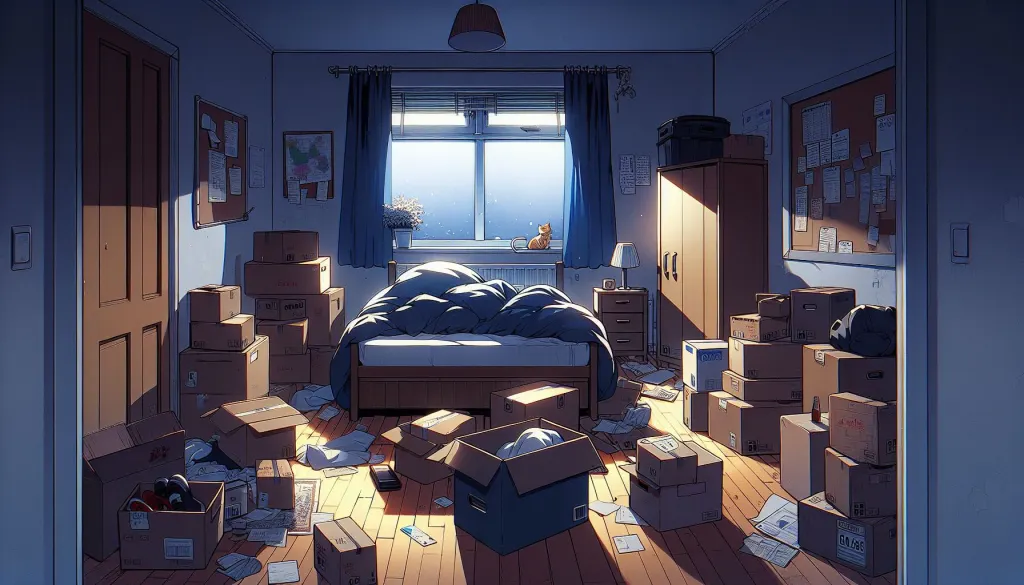
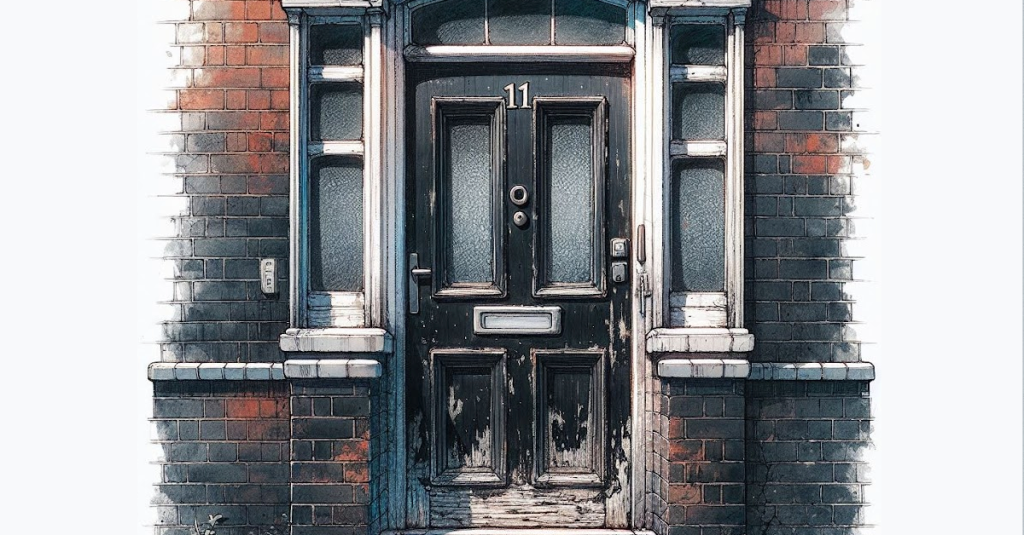
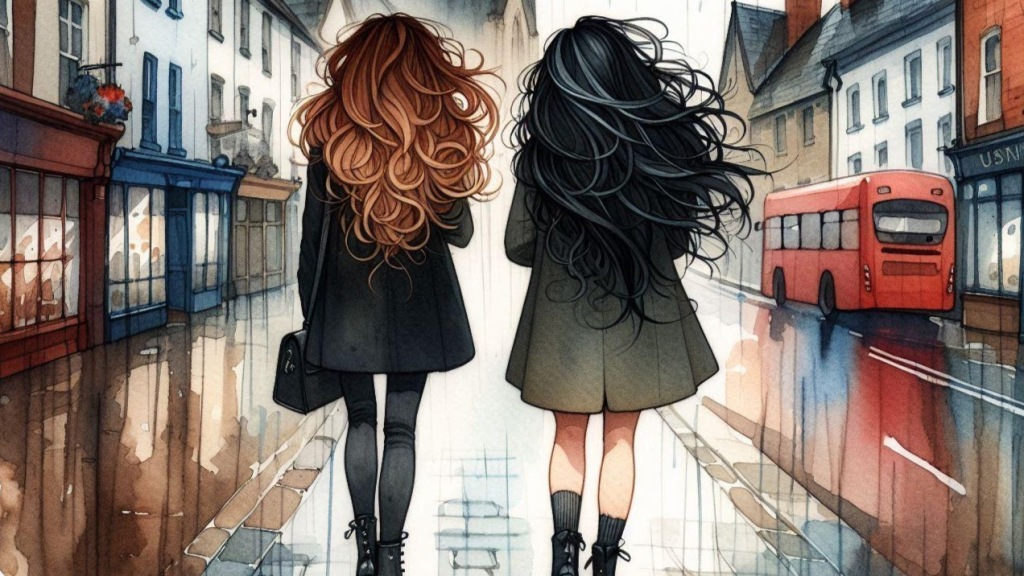
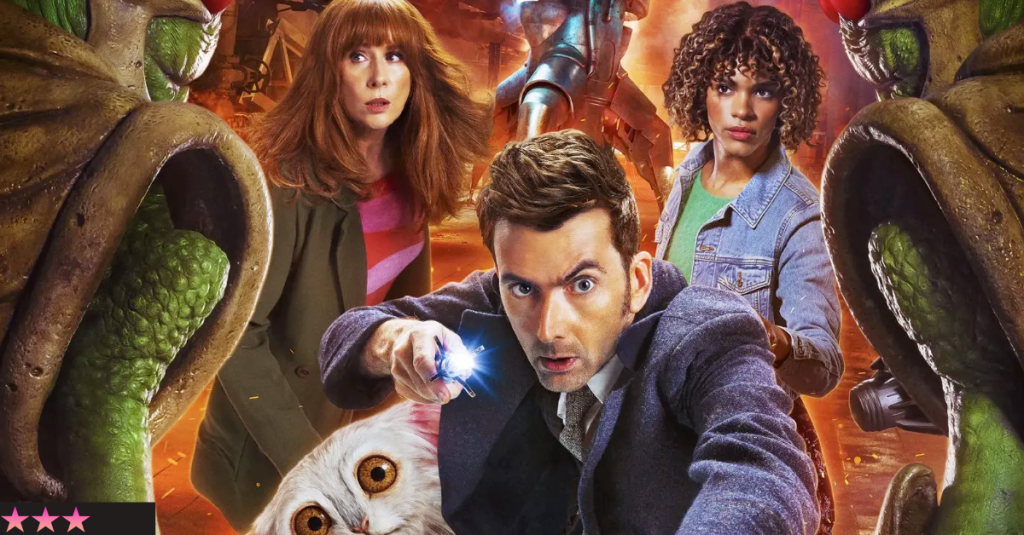
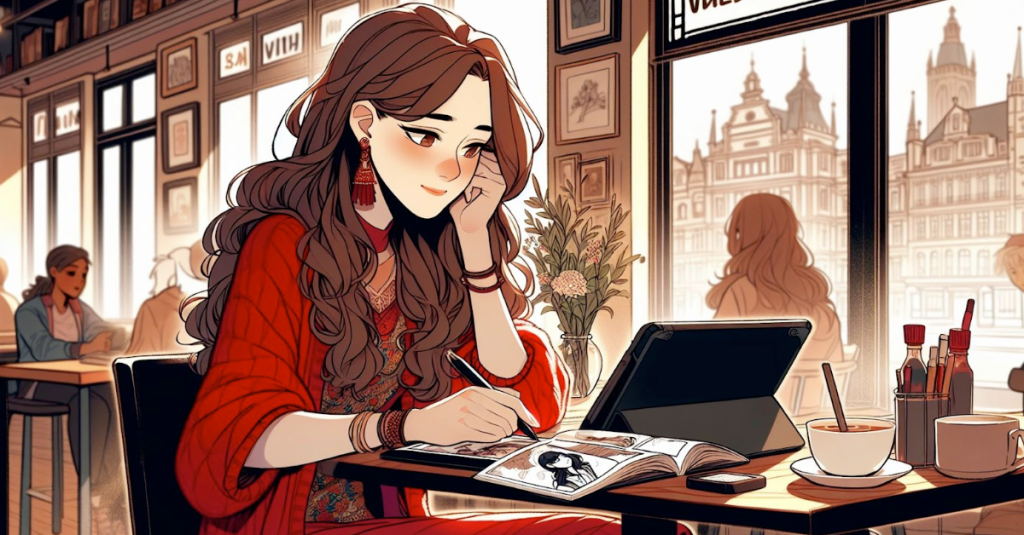

You must be logged in to post a comment.